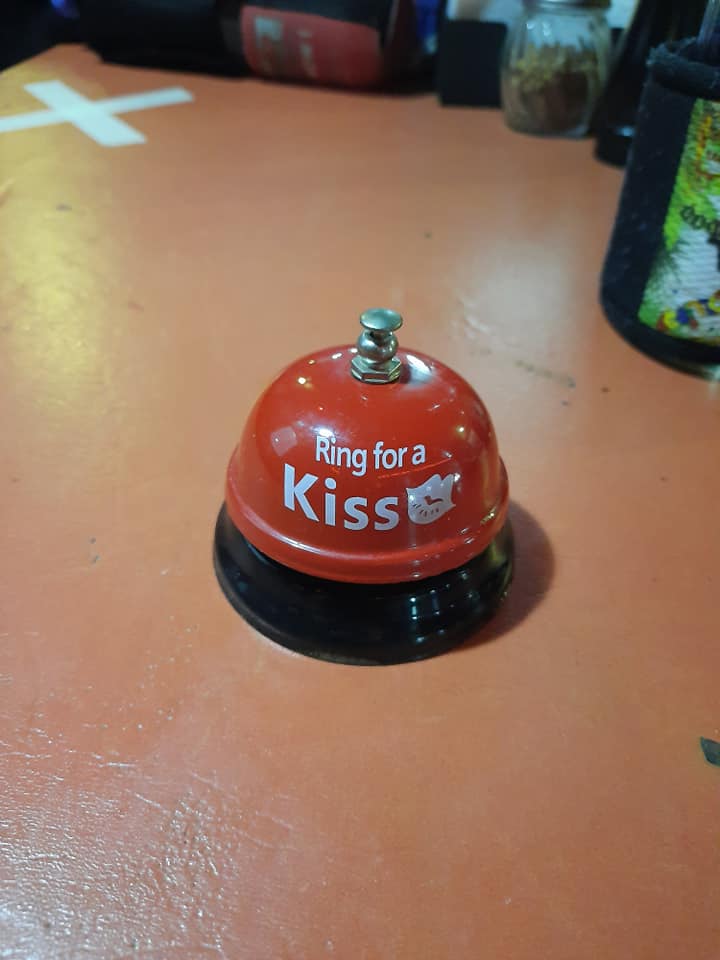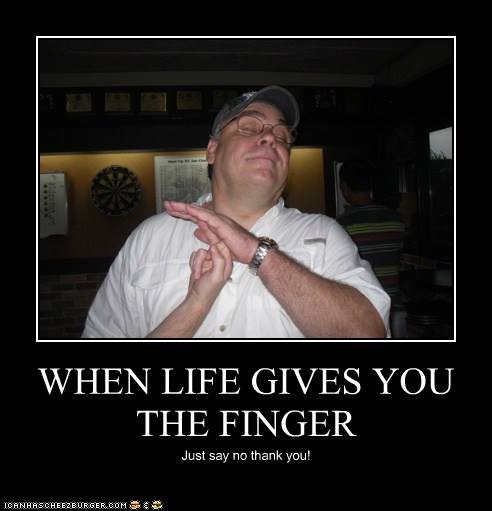Just a few tidbits to share as I go about living this life of leisure.
I had a bit of a shock when I read this post over at the Althouse blog. The post itself was not shocking to see, but the name featured, Eliot Dudik, threw me for a loop. It’s always surprising to see the name of someone you actually know personally prominently mentioned on a big name blog. I met Eliot when he was an adjunct professor at the University of South Carolina several years ago. I knew he was big-time into photography (I even bought one of his books) but we hung out a pub called Puddlin’ Duck and threw darts together. Until he got offered a full professorship at William and Mary in Virginia. We are still friends on Facebook but otherwise, we have pretty much lost touch over the ensuing years. He was recently featured in an NPR article as well and his photography skills are on full display. Go give it a look-see.
I actually went back to see if I had ever mentioned Eliot here at LTG. Apparently not, but that search led me to a post from 2014 called Punctuality. I found it hilarious in light of my notorious lack of skill when it comes to punctuation. But what was really fun was re-reading an article linked in that post called The 5 Best Punctuation Marks in Literature. Go give it a read if you are so inclined (I’m talking to you, Kevin Kim!)
Alright, moving on to the more mundane (yes, it does get worse!) stuff:

Speaking of hikes, today’s 7K endeavor was pretty mellow. Especially when compared to Monday’s Hash nightmare. My life didn’t pass before my eyes even once this morning!

We just did one climb, some highway walking, then finished on the beach.

After completing the hike we decided to grab us some lunch at a restaurant called The Pub. It’s owned by a Korean-American named John Kim. One of my compatriots asked why the menu didn’t feature more Korean dishes and John replied “because I left Korea when I was 10 years old”.



Speaking of food, here’s the meal I provided for Jessa on our Sunday date.

The date went fine too. I’m still not sure where things are going and I’m undecided if I want to go there anyway. She is ratcheting things up some so I guess I’m going to have to make up my mind soon.
Here’s a Facebook memory from five years ago:

I found this rather punny:

Anyway, this looks like as good a place as any to bring your pain to an end. For now.

Kathryn Schulz (from that punctuation article) writes in the very first paragraph of her essay:
“It’s 1 a.m., you’ve got a 5,000-word piece due the next day, and for the last twenty minutes you’ve been deliberating about the use of a semicolon versus a period in a single sentence.”
Oh, Kathryn, Kathryn, Kathryn. You’re missing a comma, my dear. And now, I’m going to sic my top student, John McCrarey, on you. He’ll figure out where to insert that comma… right before he tears you a new asshole.
Remark: interestingly, Schulz later writes, regarding the Star Wars opening crawl and its famous ellipsis: “…and which I admire even while wishing George Lucas had seen fit to include one more comma.” So she’s aware that commas set off introductory words and phrases. (That’s a hint re: where to find Schulz’s error, my friend.)
OK, Jedi John—have at it!
I tried. I really did. Went back and read and then re-read your post about commas in an introductory expression. Schulz has the comma after “It’s 1 a.m.” which seems correct to me. And that’s where my confusion arises–can there be more than one introductory expression in a sentence? That seems like a contradiction in terms to me.
Still, I know you wouldn’t send me off on a wild goose chase. Hence, there must be a missing comma somewhere. The only place I’d consider adding one would be after “minutes”. Did I get lucky?
A comma after “minutes,” indeed. Here’s an analysis so this doesn’t feel like a guess.
The quoted text shows that Schulz wrote three clauses and strung them together with commas as if they were list items. Normally, you’d separate independent clauses with comma-conjunctions or semicolons, but stringing together three clauses like this is possible: it’s a form of tricolon, in which three grammatically similar items are listed in a series. “Of the people, by the people, [and] for the people” is a tricolon, and so is the three-clause string “I came, I saw, I conquered.” So, what are Schulz’s three clauses?
1. It’s 1a.m, …
2. …you’ve got…
3. …you’ve been deliberating…
Schulz put in just enough commas to separate those clauses, but her third clause also has the introductory phrase “for the last twenty minutes.” There needs to be a comma after “minutes.” To see why this is so, lift the third clause out of Schulz’s long sentence and treat it as its own sentence:
For the last twenty minutes[,] you’ve been deliberating about the use of a semicolon versus a period in a single sentence.”
Et voilà. Obvious. If you’re British, though, you might disagree because, these days, the Brits hate commas and revel in making comma-related errors by leaving commas out when they need to be put in.
Schulz remarked that George Lucas ought to have added a comma to his famous introduction:
A long time ago[,] in a galaxy far, far away…
That’s the comma she meant: a comma that sets off the introductory phrase “A long time ago.” So that’s how I know that Schulz knows you’re supposed to use a comma to set off introductory words and phrases. She focused explicitly on that point, but only after having made George Lucas’s mistake herself. Naughty, naughty!
Aside from that gaffe, it was a fun article, although the conclusion was rather abrupt.
Well, that all actually made sense. I’d call that progress! Breaking out the twenty-minute part as a stand-alone sentence makes the comma placement need much more obvious.